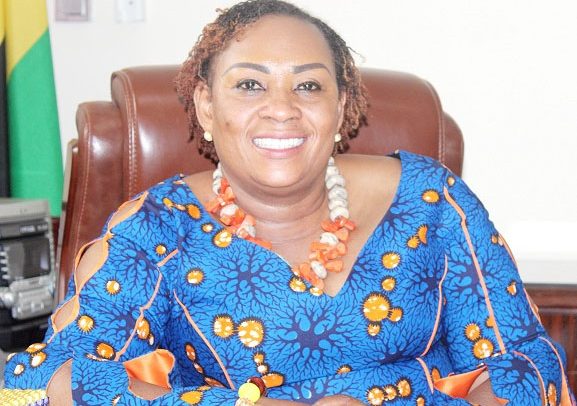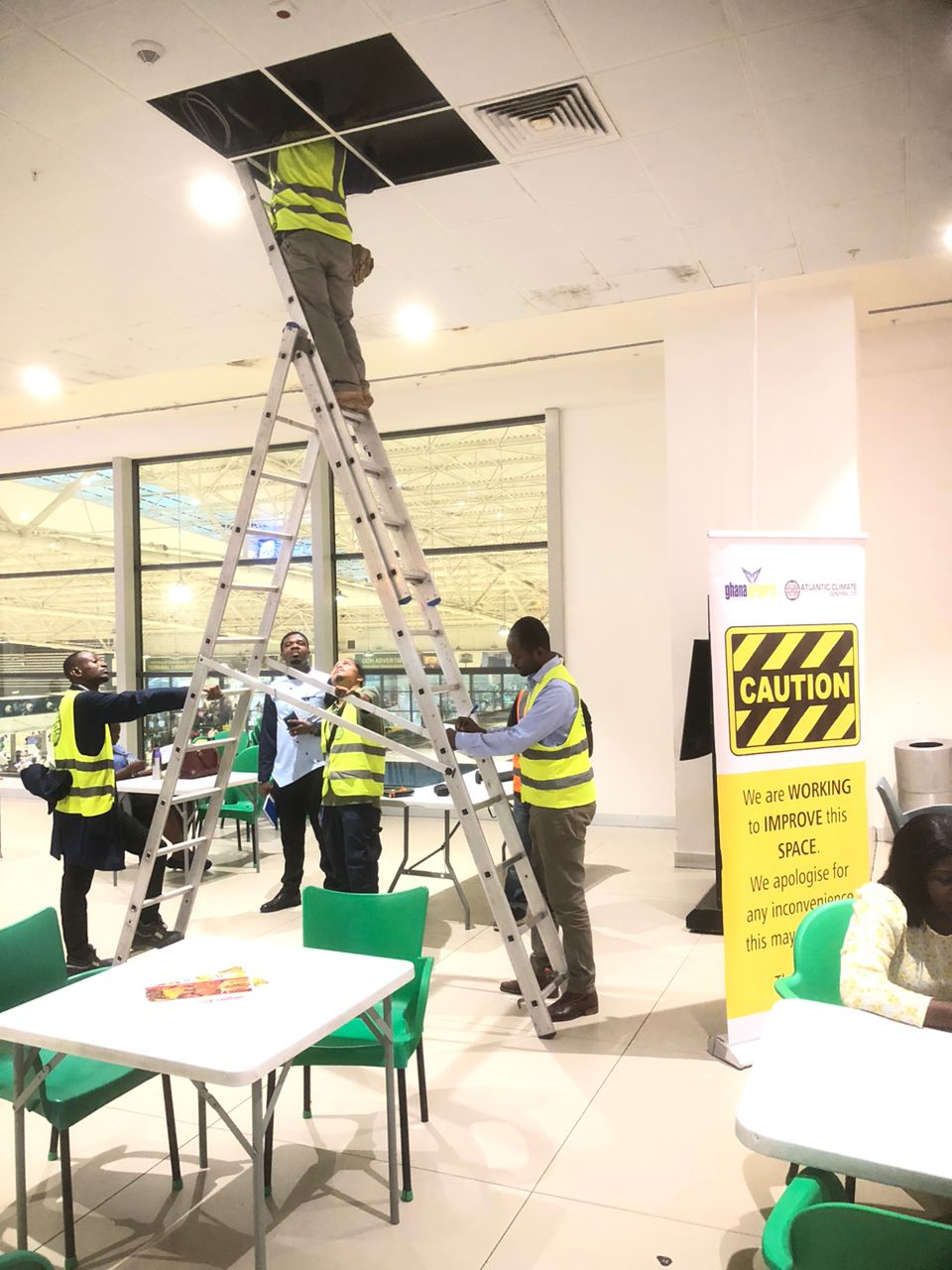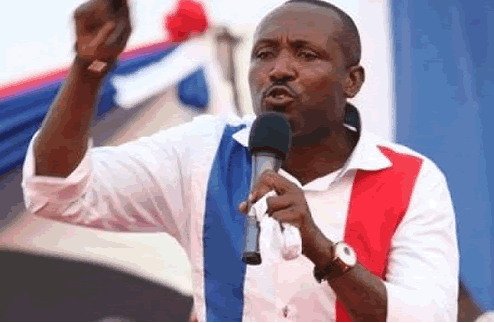
“Our target is to construct 80 warehouses this year. As I speak, work has begun on the first 50 which are at various stages of completion. I can assure you that the 50 will be ready by the end of July this year,” she said in an interview with the Daily Graphic in Accra on Thursday.
The minister was responding to demands by an economics professionals group, the Institute of Chartered Economists, Ghana (ICEG), for an update on the status of the policy from the Ministry for Special Development Initiatives in Accra.
According to the institute, although the policy was a key determiner of other government initiatives, there was scanty information on how it was being implemented.
According to the Chief Executive Officer (CEO) of the ICEG, Mr Gideon Amissah, it was not clear how many warehouses were being constructed, their locations and how those facilities would be managed.
He said the initiative, when successful, would not only help store food produced but also facilitate the country’s quest to add value to its produce to earn more foreign exchange.
Locations
Ms Koomson mentioned places where the warehouses were being constructed to include Tamale, Yendi, Sandema, Salaga, Wa, Bole, Bamboi and Hohoe.
The rest are Techiman, Cape Coast, Dunkwa-on-Offin, Diaso, Mampong and Tepa.
She said each of the 1,000-tonne capacity warehouses would contain office accommodation, seed cleaners, solar dryers and weighing scales.
She said the warehouses were likely to be managed on a public-private partnership (PPP) module and that the Cabinet would have to take a decision on that.
The minister said there was a collaboration between her ministry and the ministries of Food and Agriculture, Health, Local Government and Rural Development, as well as the National Buffer Stock Company (NAFCO), to ensure that the warehouse project was realised.
Background
The President, Nana Addo Dankwa Akufo-Addo, rolled out the One district, one warehouse initiative in Ejura in the Ashanti Region on October 20, 2017.
It is a component of the government’s Infrastructure for Poverty Eradication Programme (IPEP). Read Full Story


















Facebook
Twitter
Pinterest
Instagram
Google+
YouTube
LinkedIn
RSS